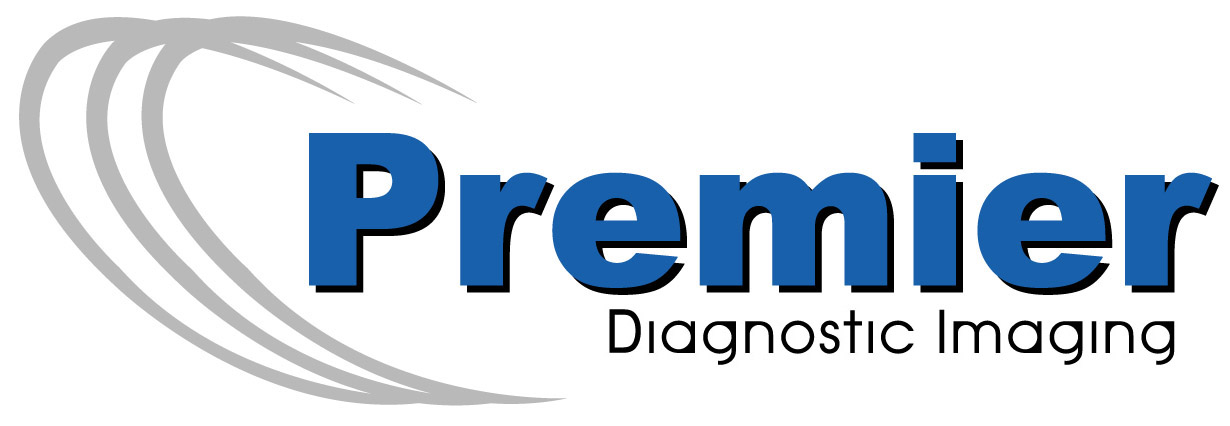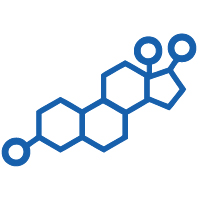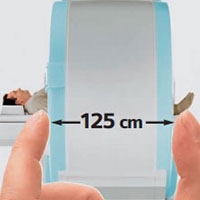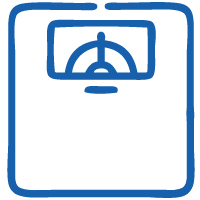If you have been putting off a cancer screening or ignoring cancer signs or symptoms, don’t let COVID keep you from acting. The consequences of further delay may be costly.
Many cancer clinics are reporting that new patients are showing up with more advanced cancer than those who arrived for treatment before the COVID-19 pandemic, according to a national survey from the American Society for Radiation Oncology (ASTRO).
The advanced-stage diagnoses are due to decreased cancer screening rates, people ignoring symptoms, and delaying diagnostic testing.
If you have been putting off a cancer screening or ignoring signs or symptoms, don’t let COVID keep you from acting. Clinics are open, and have measures in place to prevent the spread of COVID.

Early Cancer Detection Saves Lives
According to the ASRO survey, “Nearly three-fourths (73%) [of radiation oncologists] said physicians in their practice are noticing that patients are not receiving cancer screenings.” If you have not had a cancer screening or if you have any signs or symptoms of cancer, schedule an appointment with your doctor now.
Back in March, the Centers for Disease Control and Prevention (CDC) and the American Cancer Society asked people to stay home to avoid catching the COVID virus from healthcare providers. While several Tennessee cities are easing COVID restrictions, many older adults who are more likely to get sick from the virus are still staying home.
Delays in speaking with your healthcare provider may mean discovering and treating cancer at a later stage. Early detection is essential. When you find a problem early, it can be easier to treat, and early detection can help save lives.
As well as getting your mammograms now and other essential health screenings, don’t ignore the signs and symptoms of cancer!
Signs and Symptoms of Cancer
From the American Cancer Society
Here are some of the more common signs and symptoms of cancer. However, any of these can be caused by other problems as well.
- Fatigue or extreme tiredness that doesn’t get better with rest
- Weight loss or gain of 10 pounds or more for no known reason
- Eating problems such as not feeling hungry, trouble swallowing, belly pain, or nausea and vomiting
- Swelling or lumps anywhere in the body
- Thickening or lump in the breast or other part of the body
- Pain, especially new or with no known reason, that doesn’t go away or gets worse
- Skin changes such as a lump that bleeds or turns scaly, a new mole or a change in a mole, a sore that does not heal, or a yellowish color to the skin or eyes (jaundice).
- Cough or hoarseness that does not go away
- Unusual bleeding or bruising for no known reason
- Change in bowel habits, such as constipation or diarrhea that doesn’t go away or a change in how your stools look
- Bladder changes such as pain when passing urine, blood in the urine, or needing to pass urine more or less often
- Fever or night sweats
- Headaches
- Vision or hearing problems
- Mouth changes such as sores, bleeding, pain, or numbness
Specific Cancers
As well as the general signs and symptoms of cancer, many types of cancer have specific signs and symptoms. Below, find links to more information about some of the most common types of cancers.
Breast | Colorectal Cancer | Cervical Cancer | Lung | Prostate
Be Aware: These lists of signs and symptoms are NOT inclusive. If you notice any significant changes in the way your body works or the way you feel, tell your doctor. They can find out what is going on and, if needed, treat it.
Clinics are Open and New Safety Procedures are in Place
Throughout COVID, healthcare providers have developed new safety protocols that make doctor visits safer for patients and clinic staff.
If you have worries about going back to your doctor in person, try telemedicine (a video chat with your doctor). During a telehealth visit — most run 15 to 20 minutes — you can talk about any changes and your concerns over the last year. From there, your doctor might order blood work and screenings for cancer like a mammogram, colonoscopy, or prostate or cervical cancer tests.
[Updated Aug. 22, 2022] Blood work and medical imaging, however, need to be done in person. If your primary care physician refers you to Premier for diagnostic imaging or a blood testing facility, ask about current health and safety protocols when you schedule your appointment.
Premier Diagnostic Imaging recommends the advice of the American Cancer Society and National Comprehensive Cancer Network– resume cancer screening and treatment. Cancer won’t wait until the pandemic ends. Talk to your healthcare provider today.
https://www.cancer.org/cancer/cancer-basics/signs-and-symptoms-of-cancer.html
Medically reviewed by Dr. Seth Means




